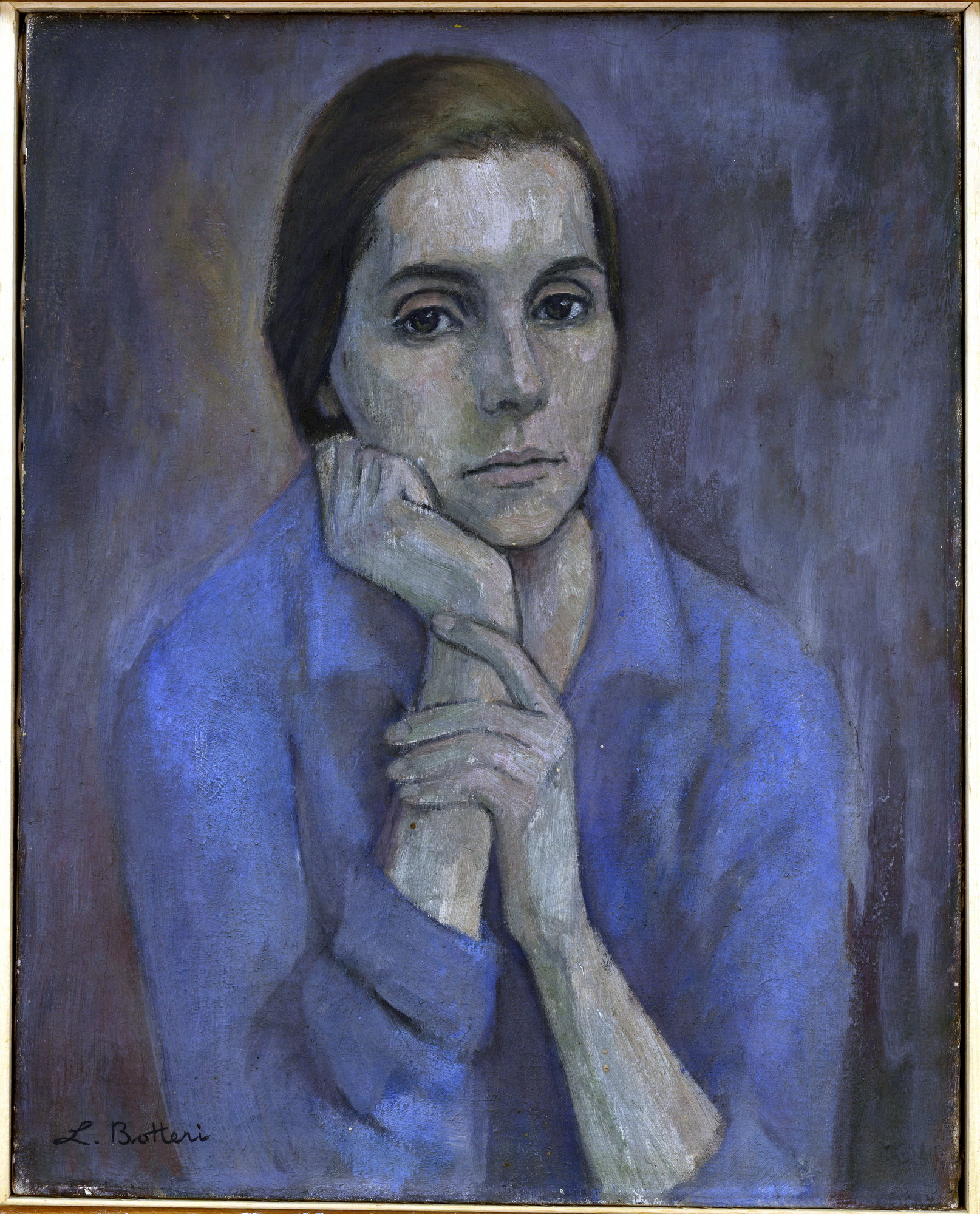Aura Latente: Aura Dissidente (Arte y Política)
AURA DISSIDENTE (ARTE Y POLÍTICA)
DOI:
https://doi.org/10.33871/sensorium.2024.11.9570Abstract
The book Latent Aura (Aura Latente), by Ticio Escobar, is composed of four essays that, although independent, are connected by three common issues: the critique of the construction of the idea of “aura”, basis of Western aesthetic thought; the notion of “latency”, linked to the recognition or not of certain productions by institutions and agents of the art system, giving meaning and consecration to some productions to the detriment of others, such as indigenous ones; and the relations between art and politics, understanding political art as its role in questioning the regimes of aesthetic representation and their institutionalities, seeking the construction of counter-hegemonic artistic possibilities and practices. Although the translation published here is only the first part of the essay “Dissident Aura (art and politics)”, we hope that it can contribute to the circulation of Escobar’s thought and the reflections that permeate it.
Downloads
Downloads
Published
Issue
Section
License
Copyright (c) 2024 International Interdisciplinary Journal of Visual Arts - Art&Sensorium

This work is licensed under a Creative Commons Attribution 3.0 Unported License.
Authors who publish with this journal agree to the following terms:- Authors retain copyright and grant the journal right of first publication with the work simultaneously licensed under a Creative Commons Attribution License that allows others to share the work with an acknowledgement of the work's authorship and initial publication in this journal.
- Authors are able to enter into separate, additional contractual arrangements for the non-exclusive distribution of the journal's published version of the work (e.g., post it to an institutional repository or publish it in a book), with an acknowledgement of its initial publication in this journal.
- Authors are permitted and encouraged to post their work online (e.g., in institutional repositories or on their website) prior to and during the submission process, as it can lead to productive exchanges, as well as earlier and greater citation of published work (See The Effect of Open Access).





